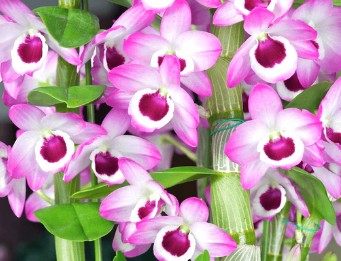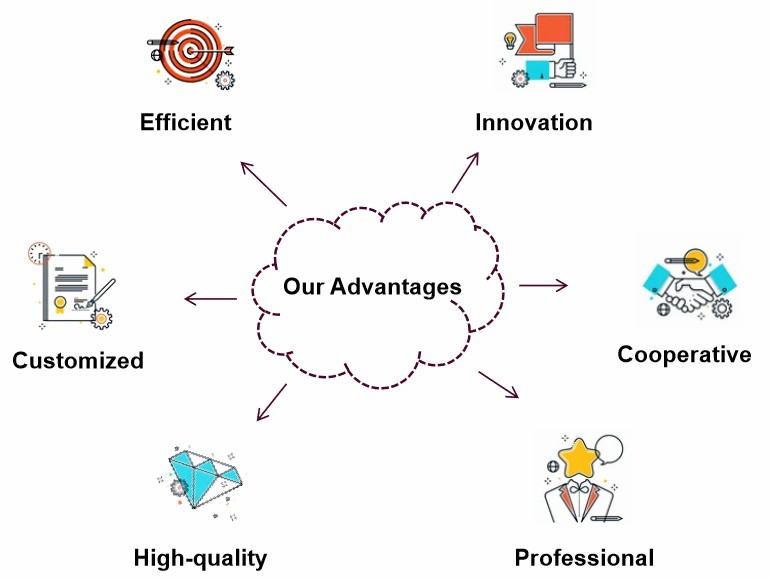Dendrobium nobile is a rare plant that combines medicinal and ornamental uses. With the increasing international demand for Dendrobium nobile, the price of Dendrobium nobile has become increasingly expensive. However, Dendrobium nobile has become one of the endangered and extinct phytomedicinal plants due to its over-excavation and utilization, ecological damage, low reproduction rate, and slow growth. Therefore, utilizing advanced biotechnology for Dendrobium nobile breeding research is an effective means to alleviate the shortage of Dendrobium nobile resources.
Lifeasible is committed to providing high-quality plant genetic transformation services, and we have a sound and complete plant genetic transformation platform that can help researchers to research plant gene function and breed improved plant varieties. So far, relying on our advanced technology platform and experienced expert team, we have provided Dendrobium nobile genetic transformation research, which has played an essential role in cultivating excellent Dendrobium nobile varieties and promoting Dendrobium nobile breeding research.

Commonly used genetic transformation methods for Dendrobium nobile include the Agrobacterium tumefaciens-mediated genetic transformation method and the gene gun method for direct transformation. After years of genetic transformation research, we have established an Agrobacterium tumefaciens-mediated genetic transformation system for Dendrobium nobile. We have continuously optimized it to determine the best transformation conditions, which can achieve the highest genetic transformation efficiency. After obtaining transgene-positive plants, we will screen to obtain resistant plants and identify them by β-glucuronidase (GUS) histochemical staining and PCR, which initially proved that the target gene had been integrated into the Dendrobium nobile genome. In addition to Agrobacterium-mediated genetic transformation, the gene gun transformation technique was also applied to Dendrobium nobile transformation. We used a specific Dendrobium nobile receptor species and bombarded Dendrobium nobile recipients with plasmid particles carrying specific chimeric genes for transformation, and the target genes were confirmed to be integrated into Dendrobium nobile genomes after fluorescence microscopic imaging and Southern blotting analysis. integration into the Dendrobium nobile genome. For example, using Dendrobium nobile as a receptor, we genetically transformed drought and salt-tolerance genes derived from barley using gene robbing to obtain Dendrobium nobile varieties with increased resistance.
In the genetic transformation of Dendrobium nobile, when we select marker genes and reporter genes, we can use hygromycin (Hyg) as a selection marker, and β-glucuronidase (GUS) can be used as a reliable reporter gene. In recent years, the green fluorescent protein gene (GFP), as a new type of reporter gene, has begun to be applied in the study of plant gene transformation and gene expression regulation and has shown more significant superiority than other reporter genes, without the need for substrates, enzymes, cofactors and other substances, which is convenient for in vivo detection.

Lifeasible is dedicated to plant genetic transformation research, and we provide comprehensive and efficient plant genetic transformation services. We have state-of-the-art molecular biology laboratories and equipment, an experienced research team, and experts in the field. If you are interested in us, please feel free to contact us.
Lifeasible has established a one-stop service platform for plants. In addition to obtaining customized solutions for plant genetic engineering, customers can also conduct follow-up analysis and research on plants through our analysis platform. The analytical services we provide include but are not limited to the following:
Get Latest Lifeasible News and Updates Directly to Your Inbox